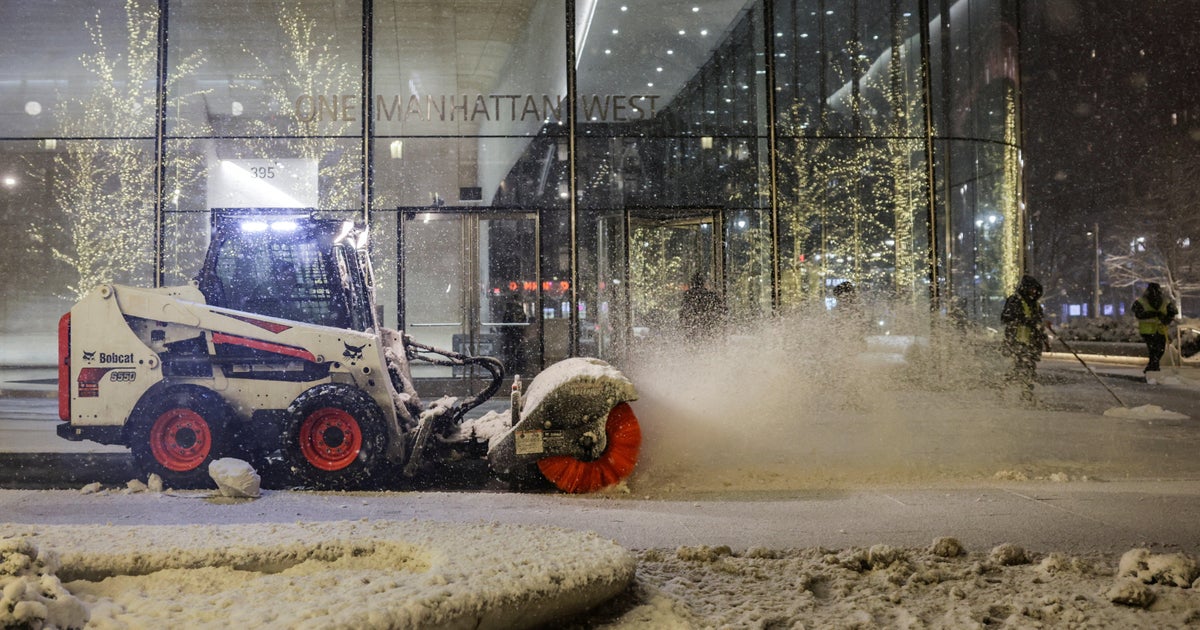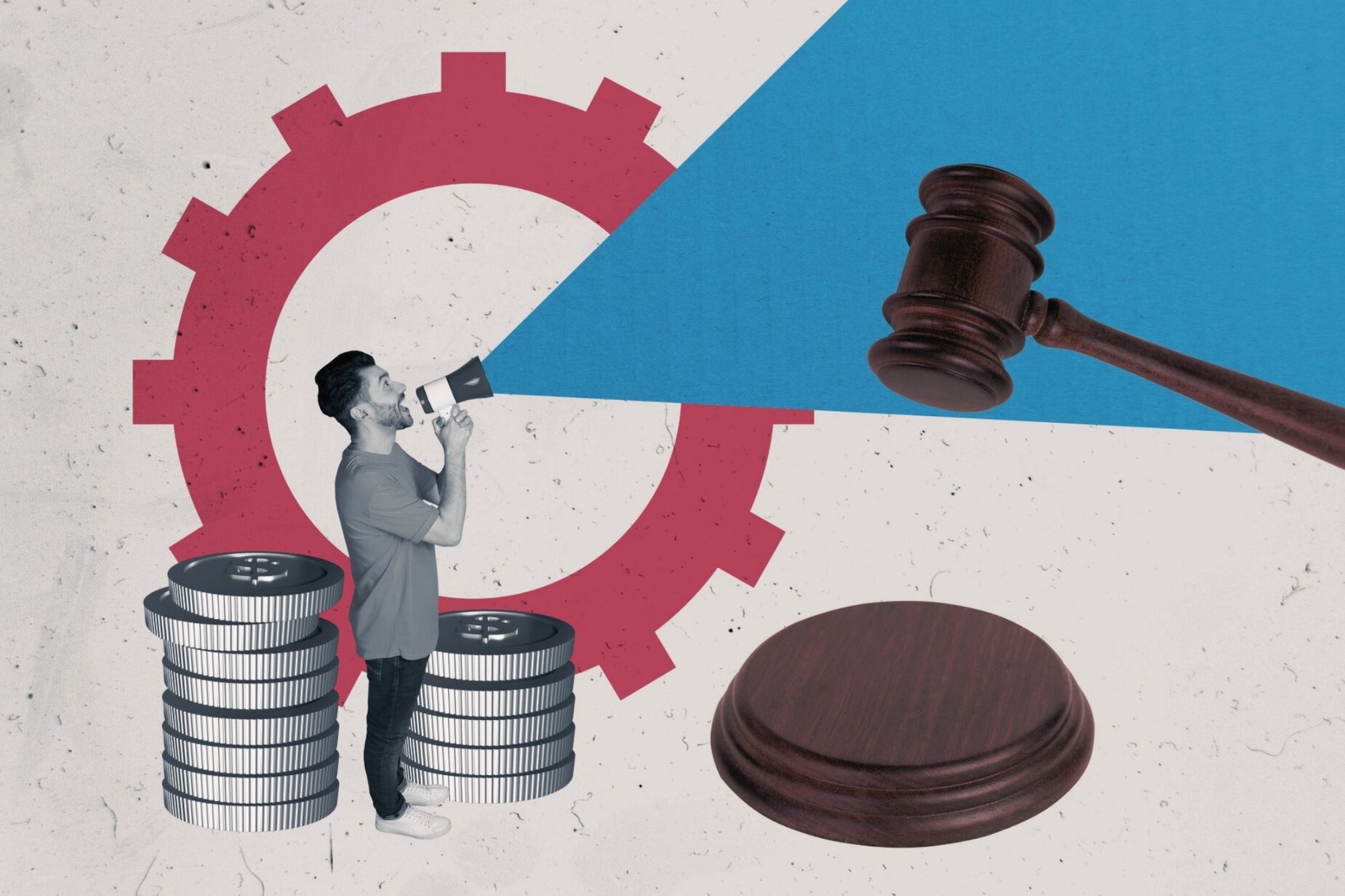The Paris Agreement, which celebrated its fifth birthday on December 12, is among the most remarkable diplomatic achievements in world history, representing decades of work to arrive at a common framework for capping global temperature rise at “well below” 2 degrees Celsius. It’s also basically toothless—as is the body in which it was brokered: the United National Framework Convention on Climate Change, or UNFCCC.
President-elect Joe Biden has promised to undo Trump’s withdrawal and re-enter the Paris Agreement, rallying the world in the name of climate action. “We have to raise the ambition of every nation in the world in order to get this job done,” Biden’s new climate czar John Kerry told NPR last week. He noted the need for “humility” from the U.S. on the world stage and for the country to do its part at home. Yet Kerry still seems to have a fairly standard American answer to the problem of how to enforce global climate rules among the world’s governments: Tell them to do so at high-profile U.N. summits. His message—and Biden’s—is that the UNFCCC basically works.
In reality, the UNFCCC’s ability to accomplish the Paris Agreement’s ambitious goals depends on policy choices made well beyond its bounds. If a Biden administration is really committed to the Paris Agreement’s target to cap emissions at “well below” 2 degrees Celsius, it will have to call on the many other stronger tools the United States has at its disposal, from trade agreements to multilateral institutions, with real teeth.
On Paris’s anniversary weekend this month, governments converged online to re-up their climate commitments, with many presenting new or revamped pledges to get to “net-zero” emissions by mid-century, of the sort popular both among heads of states and corporate executives. The U.S.—still helmed by Trump—wasn’t there, although Biden has put out his own 2050 pledge that’s won plaudits from even progressive environmentalists. A lot is riding on whether these expressions of goodwill amount to anything.
Right now, despite all the pledges, the world remains on track to warm by 3 degrees Celsius, according to a new report from the U.N. Environment Program, or UNEP. That’s after carbon dioxide emissions dropped off by around 7 percent this year (more than three times the reductions that followed last decade’s Great Recession) as stringent government action to deal with Covid-19 brought the global economy to a virtual standstill. The 2020 Production Gap Report from UNEP and several partners finds that countries are currently on track to produce 120 percent more fossil fuels than are consistent with capping warming at 1.5 degrees Celsius—a threshold that climate-vulnerable nations argue is critical to their livelihoods and survival—and 50 percent more fossil fuels than is consistent with a two-degree pathway. And while fossil fuels have taken a hit amid the coronavirus shutdowns, the measures governments are putting forward to deal with Covid-19 and the ensuing recession could make matters worse: As of November, countries had committed $223 billion in 2020 to fossil fuel development, compared to just $146 billion for renewable energy. That’s despite the fact that coal, oil, and gas production should decline by 11, 4, and 3 percent (respectively) each year between 2020 and 2030 to keep warming from rising above 1.5 degrees Celsius.
Right now, the rules and public financing in place to protect indefinite fossil fuel production are far stronger than those, like Paris’s, devoted to keeping the planet habitable. Kerry—and by extension, Biden—still seems to think there’s no contradiction between the two. In the NPR interview, Kerry noted that he was “reaching out” to major oil companies, “listening to what their needs are on how they view the world so I can begin to understand better what the possibilities may be once the president is sworn in on January 20.”
That’s relatively standard Obama-era policy: As his State Department worked to broker the Paris Agreement, it actively promoted U.S. gas interests around the world. Kerry himself, while championing the Paris Agreement’s voluntary “bottom-up” framework, was a prolific booster of the Trans-Pacific Partnership, enshrining corporations’ rights to sue sovereign governments if they pass climate or environmental protections that might threaten profits. And just after the Paris Agreement was brokered in 2015, Obama signed a bill that repealed the longstanding crude oil export ban, opening expansive new markets to U.S. fossil fuel producers.
Dealing with the climate crisis will mean breaking down the traditional firewall between the voluntary rules of global climate policymaking and the ironclad ones encasing the rights of capital and carbon to flow freely. In doing so, the U.S. will have to not just stringently reduce its own emissions but rebuild bridges burned by decades of America First foreign policy.
Emissions reductions should happen fastest in rich countries like the U.S., whose accumulated, often ill-begotten wealth make them better equipped to make a rapid transition off of fossil fuels. To meet the goals of the Paris Agreement, the U.S. Climate Action Network, or USCAN, recommends a 70 percent reduction in domestic emissions by 2035, in addition to joining other wealthy Global North countries in furnishing the resources needed to make a transition possible for less wealthy countries. This dual-level commitment—both the domestic cuts and the assistance to other countries, which the report notes would be the equivalent of the U.S. reducing its own emissions by 195 percent below 2005 levels—is what’s required for the U.S.—the world’s largest economy—to meet what’s known as its “fair share,” accounting for both its historical contribution to global warming and financial capacity to deal with it.
Governments whose national budgets rely on oil revenues aren’t going to be too keen to excise fossil fuels from the global economy. Those that have been on the losing end of brutal debt repayment schemes imposed by the International Monetary Fund and World Bank—the so-called Bretton Woods system the U.S. helped erect—will be rightfully skeptical of being told to cut back on fossil fueled development that’s still often the only viable path toward raising living standards.
In both Democratic and Republican administrations, U.S. negotiators’ approach has been to demand massive reductions from the rest of the world—particularly fast-growing economies like China and India—with little to show at home. Before Donald Trump withdrew the U.S. from Paris, the Obama administration had pledged to reduce emissions by between just 26 and 28 percent by 2025 to meet that goal.
Within the UNFCCC, the U.S. has consistently fought off agreements that include binding emissions targets and was instrumental in bringing about the voluntary framework that defines the Paris Agreement. But without more concerted discussions about climate finance—an umbrella term for how to transfer funds mainly from developed to developing nations—rapid mitigation remains a virtual impossibility for small, developing economies. U.S. negotiators have consistently blocked discussions of historical responsibility in favor of arbitrary financing pledges that can be satisfied by loading already indebted countries up with more debt.
Meeting the climate challenge, of course, depends on other nations, too: Climate change is a global problem, and the U.S. now contributes roughly 15 percent of carbon emissions, the second most of any country on the planet after China. Pundits have tended to downplay the importance of U.S. emissions reductions by pointing to rising emissions in India and China, in particular, arguing that whatever the U.S. does is functionally irrelevant so long as carbon footprints keep growing there. “That’s a really good point and that’s a really dumb point,” said Sivan Kartha, senior scientist at the SEI and an author on the Production Gap report, who also worked to develop the fair shares methodology from the Climate Equity Reference Project. “Any single country could say ‘it doesn’t matter what we do.’ We don’t reduce our emissions to save our climate anyway. We reduce our emissions to say that we’re carrying our load in this global effort. If we’re not carrying our load then other countries aren’t going to want to do their part, especially if you’re the wealthiest country in the world and the country that’s contributed the most to the problem.”
The lofty targets governments have committed to in the past few years—driven in large part by an upswell of activism around the climate crisis and insufficient emissions cuts—in theory are promising and would seem to suggest that we’re on track to meet the Paris Agreements goals. But many of these targets promise “net-zero” emissions by some far-off date, promising to either offset climbing emissions for sketchily accounted reductions elsewhere or banking on so-called negative emissions technologies that remain unproven at scale to suck up massive amounts of greenhouse gasses. And thanks to long-held U.S. priorities at the United Nations, the Paris Agreement lacks the kinds of enforcement power that would be necessary to enforce the dramatic declines science suggests are necessary.
The strongest tools for international climate policymaking aren’t held within the UNFCCC itself but in levers that rarely get talked about: multilateral and bilateral investment treaties that manage carbon flows; intellectual property statutes that can pose insurmountable barriers to clean energy access; control of the world’s global reserve currency; and the U.S.’s effective veto power in the Bretton Woods Institutions that hand out punishing debt arrangements encouraging countries to prioritize quick cash and private investors over long-term sustainability.
The U.S. holds enormous power over flows of both money and emissions worldwide, although it rarely comes up in flashy press conferences for climate action. Traditionally, the U.S. has wielded that power in a way that fuels emissions rather than brings them down. If Kerry and future President Biden were earnest about climate action they’d look to change that, taking actions that’ll make their contacts in the fossil fuel industry uncomfortable.
There’s only so much carbon that can be burned around the world to stabilize temperatures at habitable levels. Scientists Kevin Anderson and Isak Stoddard calculate that 660 gigatonnes of carbon dioxide can be burned through 2100 to keep temperatures from rising above 2 degrees Celsius; currently, the world is on track to get there by 2040.
As Kartha and his colleagues point out, distributing the remaining carbon pie equitably—and helping to furnish paths to low-carbon development—is a both a moral and pragmatic matter. Yelling at other countries for their rising emissions hasn’t won the U.S. many friends. And continuing to do so isn’t going to make the climate math any easier.

















